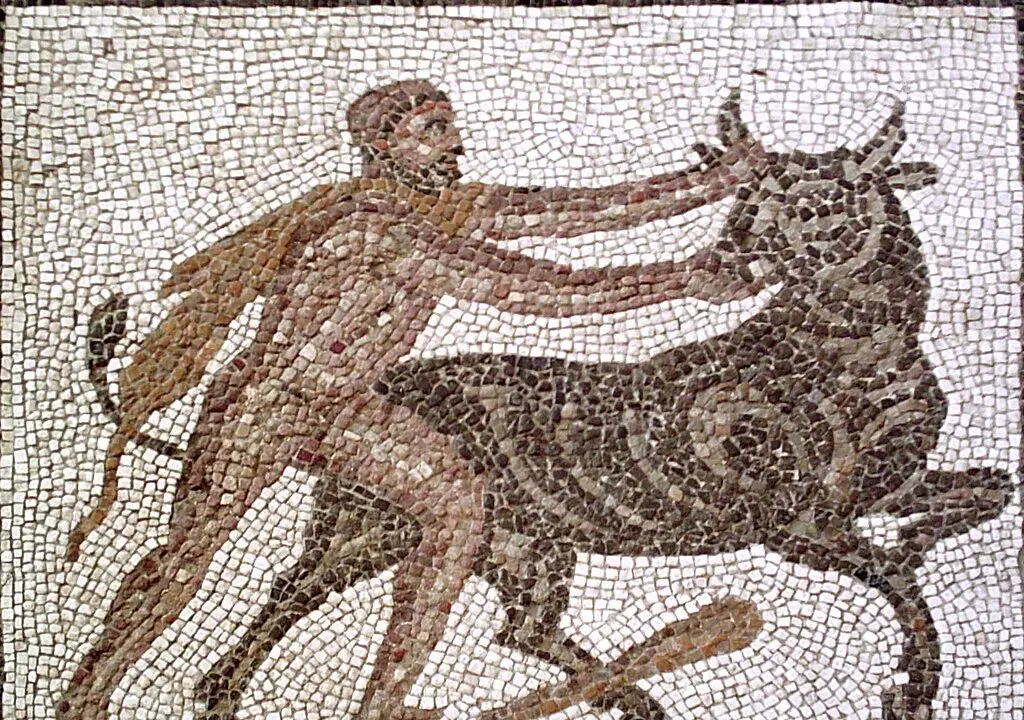Do you remember when school vacations seemed to extend forever? Six weeks was an infinite amount of time to do almost everything in, and only perhaps in the last few days did you have that uneasy feeling that the vacation was soon to end. Now, six weeks? You blink and it’s gone. I’m writing this in early September, and blink, Christmas will be here! Heck, 2023 will be over before I have had time to savor it.
The fine American novelist, now a Panamanian resident, Christa (Wojo) Wojciechowski has recently published a blog titled “It’s About Time: My attempt to slow down the perception of time,” and it’s fascinating. As she puts it: “As we each spend more time on Earth, our perception of it shrinks. At first, it’s by small degrees. Then suddenly, a year seems like a few months. It’s frightening, disorienting, and it seems the harder we try to hold on to it, the more quickly it slips through our fingers.” Surely, we have all—at least all of us of a certain age—experienced this.






